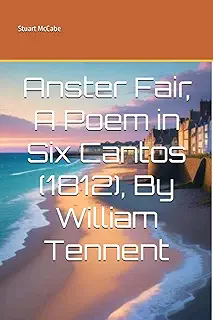Elizabeth Grant

Elizabeth Grant (1745-1814) Free picture pixabay.com Elizabeth was the daughter of lieutenant Joseph Grant, of Colonel Montgomerie's regiment of highlanders. She was brought up at Aberlour, on the Spey , Banffshire . She married Captain James Grant of Carron, near Elchies on the Spey in 1763. He would sell Carron in 1786 or 1787. He died in 1790. Elizabeth's second husband was a doctor Mr. Murray. They lived in Bath until her death. Next to nothing is known about Elizabeth, her life or her work. There are two surviving songs by Elizabeth; Roy's wife and The Rising of the Lark Roy's Wife uses a traditional Scots melody, believed to have been taken from Ruffian's Rant, the air of which is attributed to Niel Gow, the famous Scottish piper and musician. The words were written by Elizabeth Grant (1745-1814), and to offer a rough estimation for when it was composed, Robert Burns wrote in a letter dated 1793 that he had in his pos...




